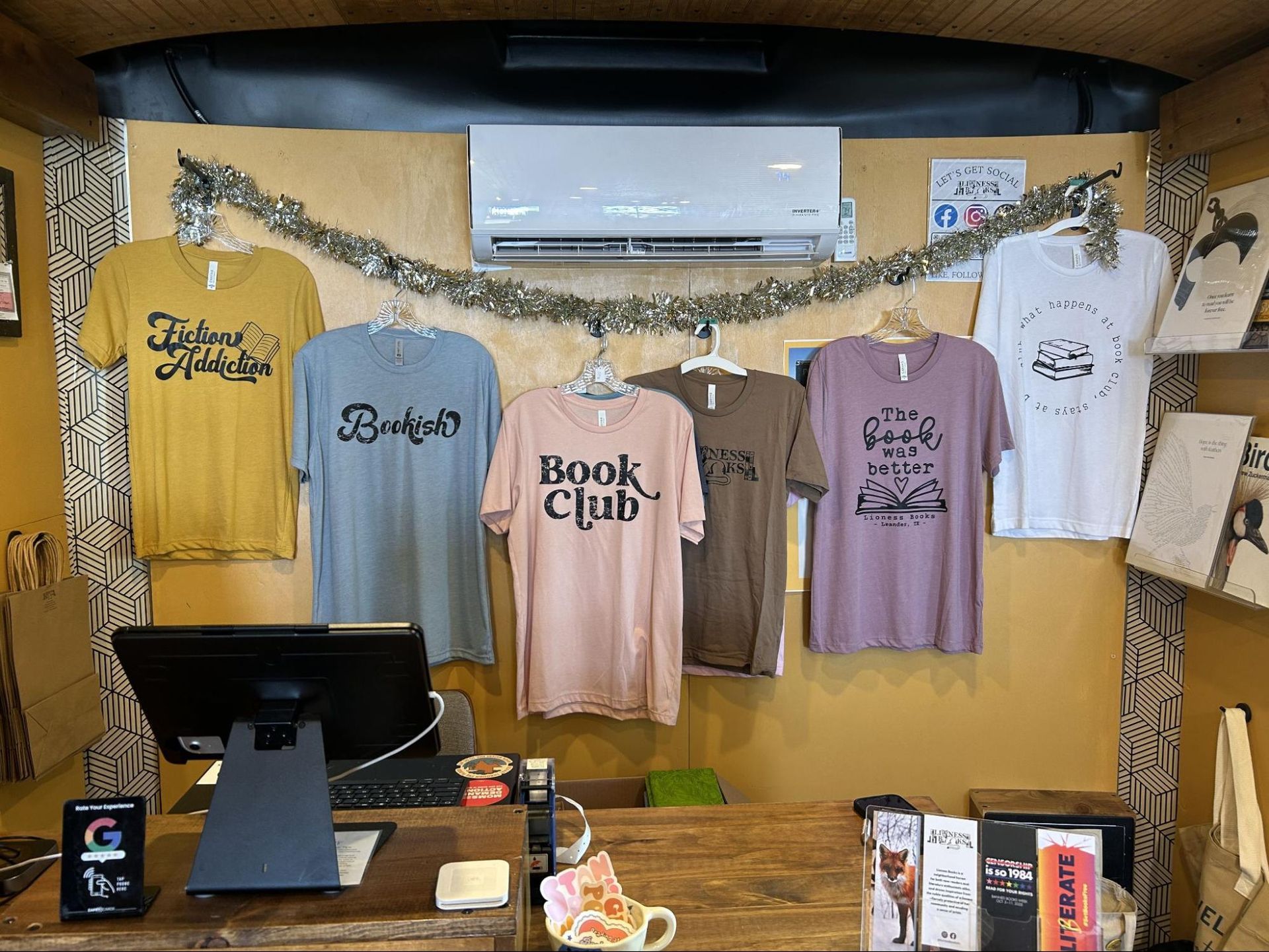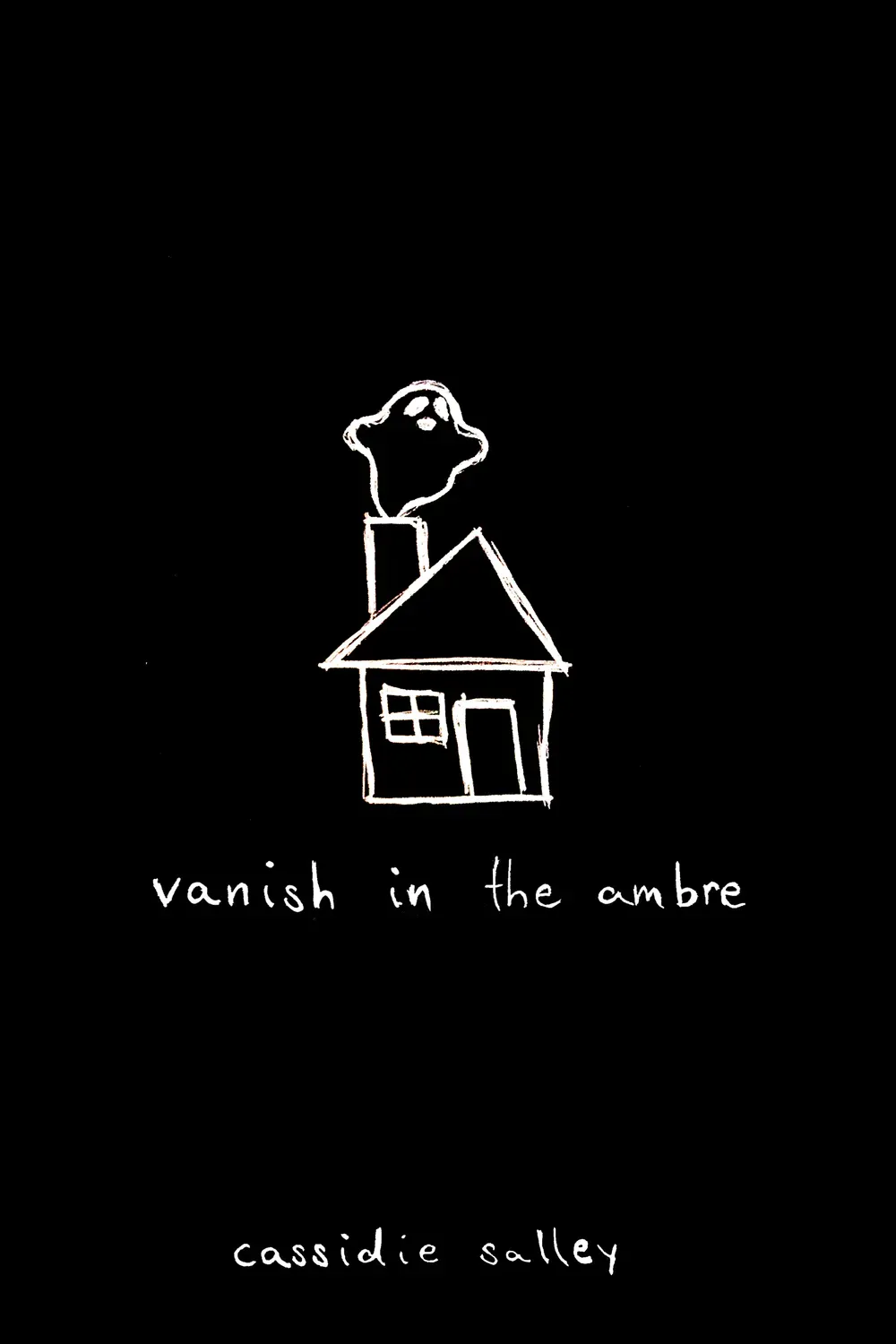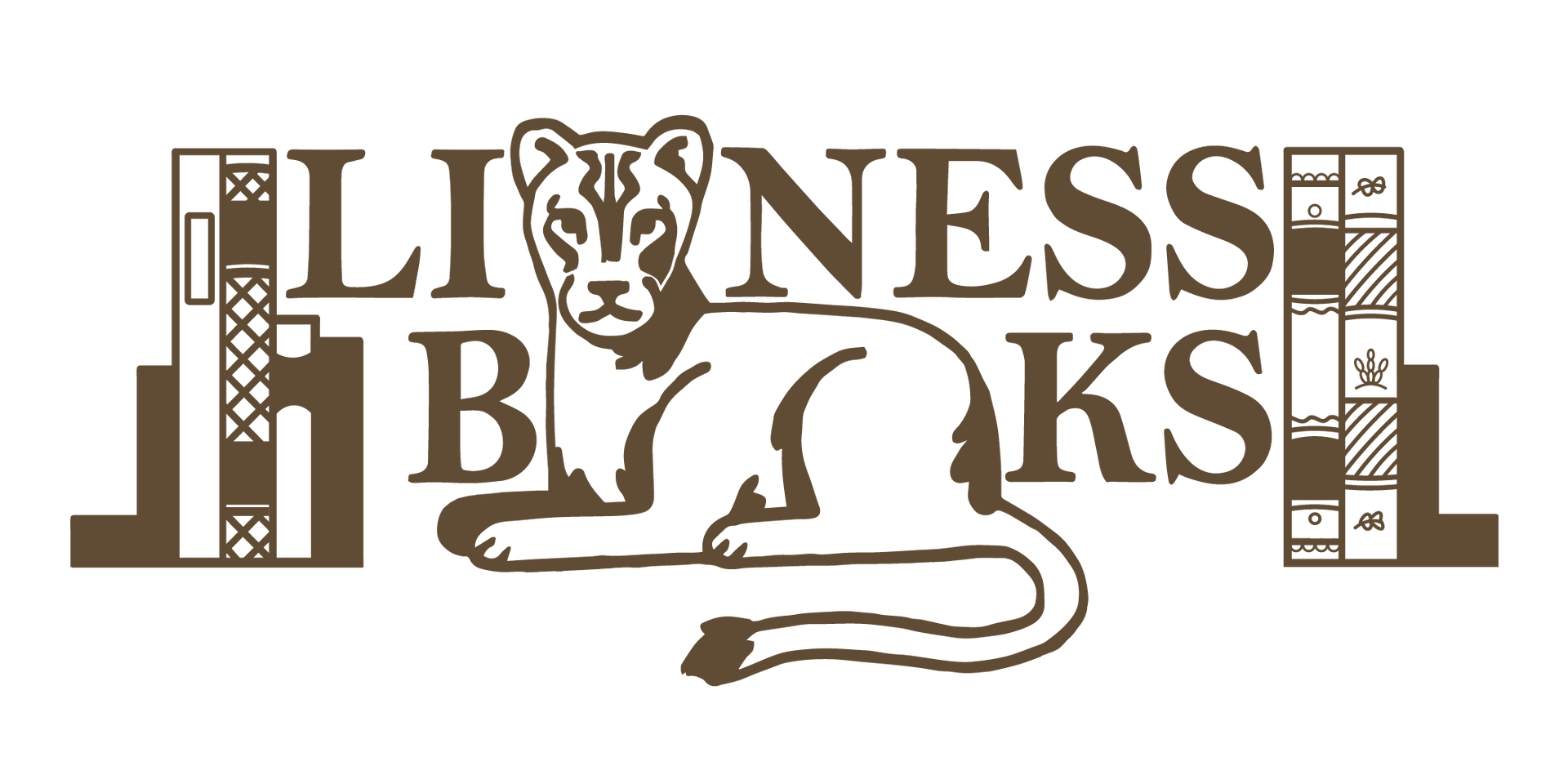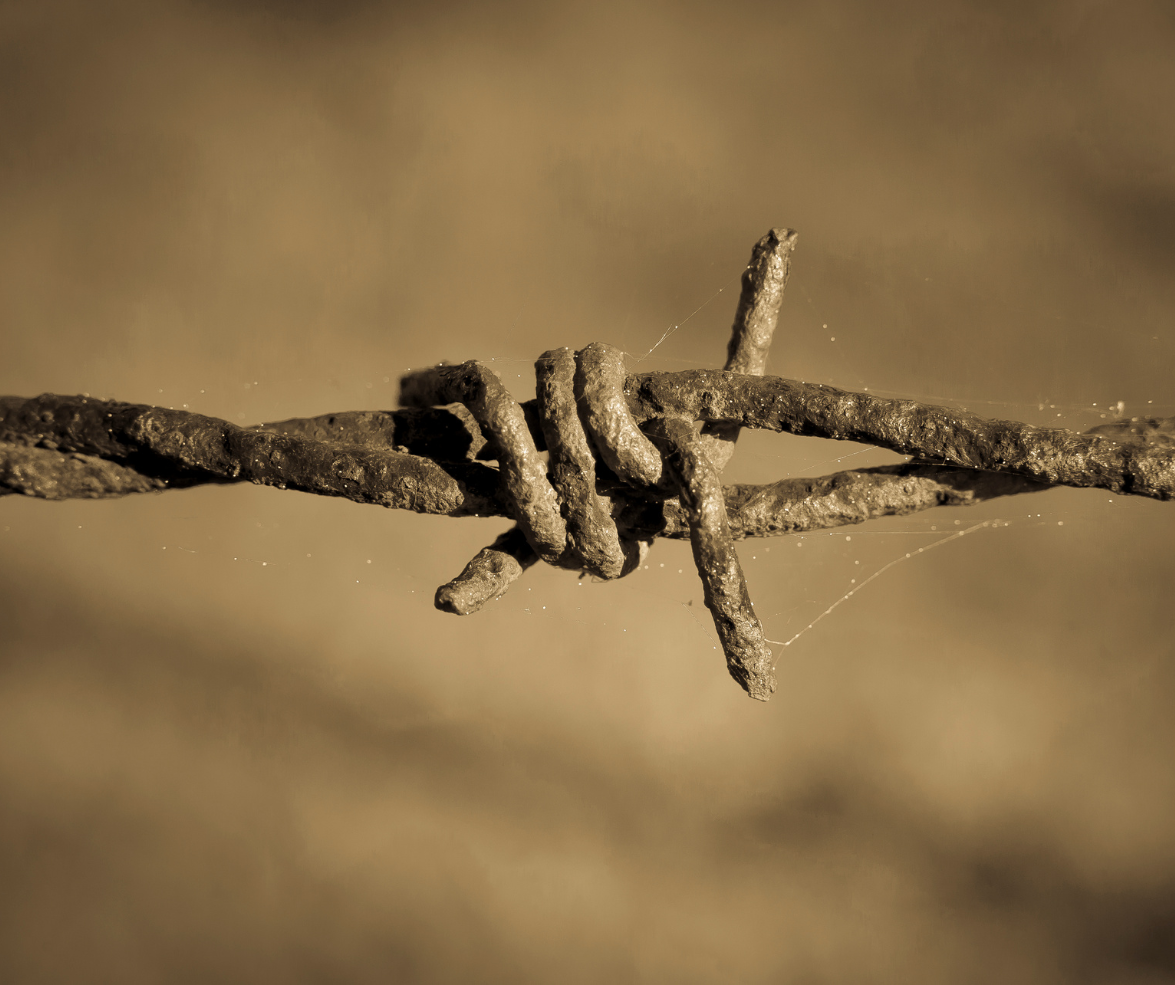FH: That specific niche of looking for books that have a rich cultural heritage, not necessarily. In terms of ownership, I’m the only black Muslim-owned bookstore that I’m aware of.
SA: Well it’s powerful to be one of the first at something.
So what have you noticed, as far as the customer base? Is it typically people looking for something from their own culture? People saying “I want to find something about this other culture that I want to learn about”? Do you notice any trends or patterns?
FH: Interestingly, I started the bookstore for people looking for their own culture, but most of my client base is white ladies. Which is fine. So it has been like a weird disconnect to me because then you fall into the trap of “who am I catering to” and making sure you’re still sticking to your mission. I think part of it is access, so that’s why I have to create access programming. This is why I do free diverse books funds where I try to offer free books at events or stock bargain books to try to lower the cost when I’m at pop-ups. It’s not even that they don’t necessarily have the money. It’s that money is tight and priorities are different. I think sometimes, in certain communities, where it feels like a waste of money or they think of it like a school thing. Like you read books in school or if you’re a student in college and not something that you just do for fun. I think it’s doing the long game and the more that’s out there and the more people see what books are available the more that part of the client base will expand. People buy books for their kids, but not for themselves and that’s weird to me. Adults don’t see themselves as readers. That was one thing that surprised me, because I expected my customers to be other women of color and that’s not the case.
SA: I was curious because I’m wondering - as far as trends you’re seeing coming out of big publishing houses - what are you noticing?
FH: I think part of it is because of the way I do my research, I sometimes miss the trends. Like if you’re looking for bestsellers, go to Barnes and Noble. Those books have enough promotion and they don’t need me to do that. But I do notice the same books would stay on the bestsellers list forever and they all look the same. They’re all similar stories. They’re not as diverse as they could be. If it is an author of color, I think sometimes authors are stuck in niche genres.
SA: Oh, that’s interesting. Tell me more about that. What genres do you feel like you notice that in?
FH: I feel like there’s a lot of Black books that always have the race component. Sometimes…we just be chilling at the pool. Can I have a beach romance book with a Black woman? The thing is, readers will read anything [but] publishers have decided what they think will sell and make decisions based on that, but…who did you ask? You [publishers] just assumed who the readers are in this country, right? Part of that is connected to history. At some point, people didn’t have permission to read so it makes sense. Publishers are very much targeting people who are reading because they have the time and privilege to read. Women of color, like black women - we’re reading and what we’re reading is starting to shift a little bit, too.
SA: Yeah, that makes a lot of sense. Are you personally reading anything right now that you’re loving or any particular author that you want to shout out to?
FH: I’m in a graphic novel phase, and so there’s a comic book publishing company, Fair Square Comics [now FairSquare Graphics LLC], that I discovered at a pop-up. They’re the first Black and immigrant-owned comic publisher. Their books are just so good. Most of them are translated fiction and their writers are from all over. There’s one of their books, called Fox In My Brain and it’s about mood disorders. The art is amazing and it’s not just for kids, but there are adult graphic novels too.
SA: So as far as people wanting to branch out and learn about other cultures through literature, what would be some recommendations that you would have for somebody reading this article and it’s their first exposure to this? Where’s a good place to start? What kinds of questions should they ask? Where and what should they research? How can they do it in a way that’s appropriate, respectful, and coming from a place of genuine curiosity and interest?
FH: I think one step is following the creators who are from those communities because they’re going to have read the book and they’ll be able to highlight problematic content that you might not. I think oftentimes people think to diversify their reading they need to completely change their reading. It’s like no, if you love thrillers, sis, you can keep reading thrillers, but there are other people who write thrillers. Just diversifying within your favorite genres could be a really good place to start.
Typically, if the author's identity matches the identity of the characters in the story, it’s usually fairly safe. I also look at reviews from people who share the heritage of those stories. I think that’s also helpful. It’s just being curious and being open. Reading is political. What you consume is going to shift your perspective.
If you are interested in diversifying your bookshelf, check out
Tuma’s Books today and support another great independent bookstore!
